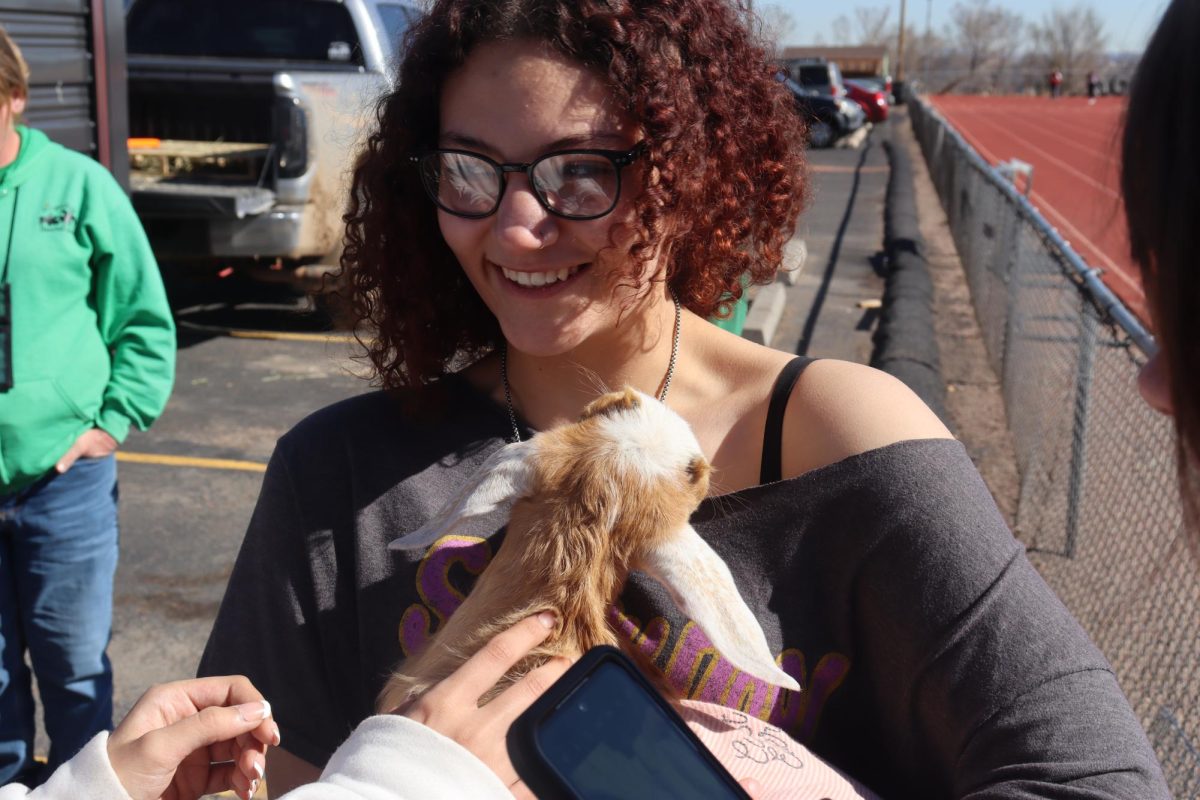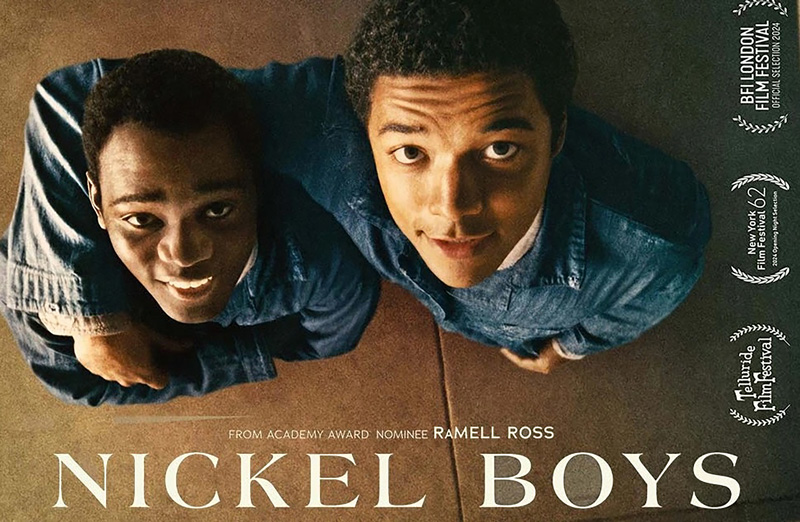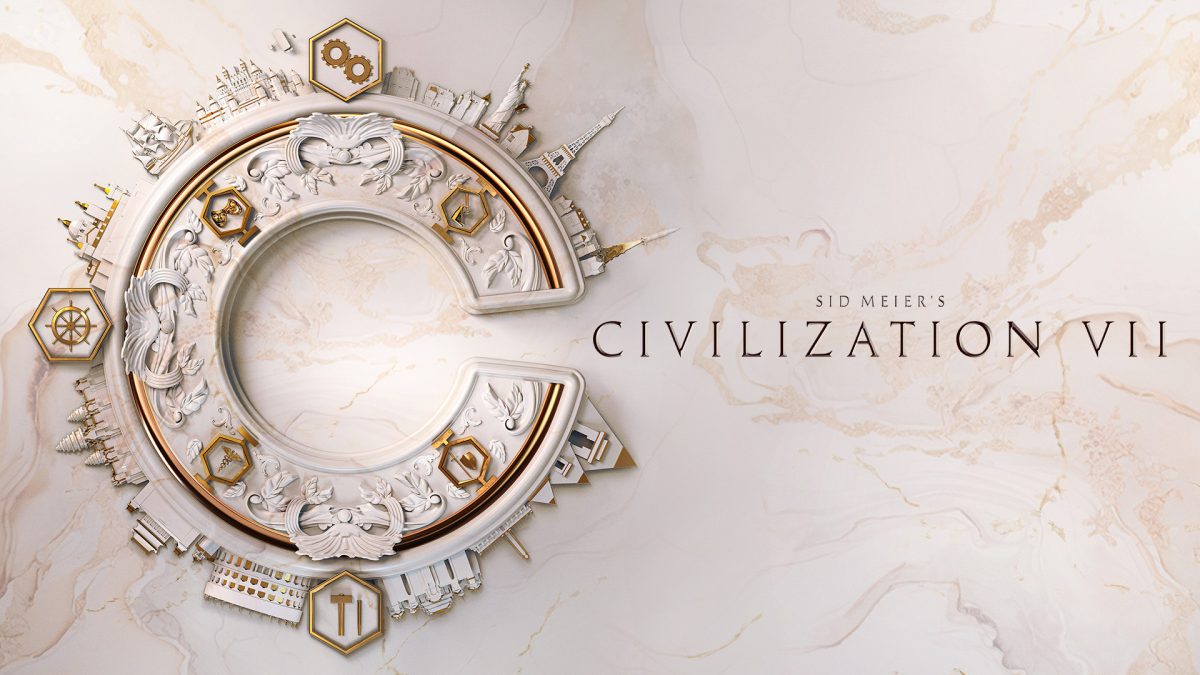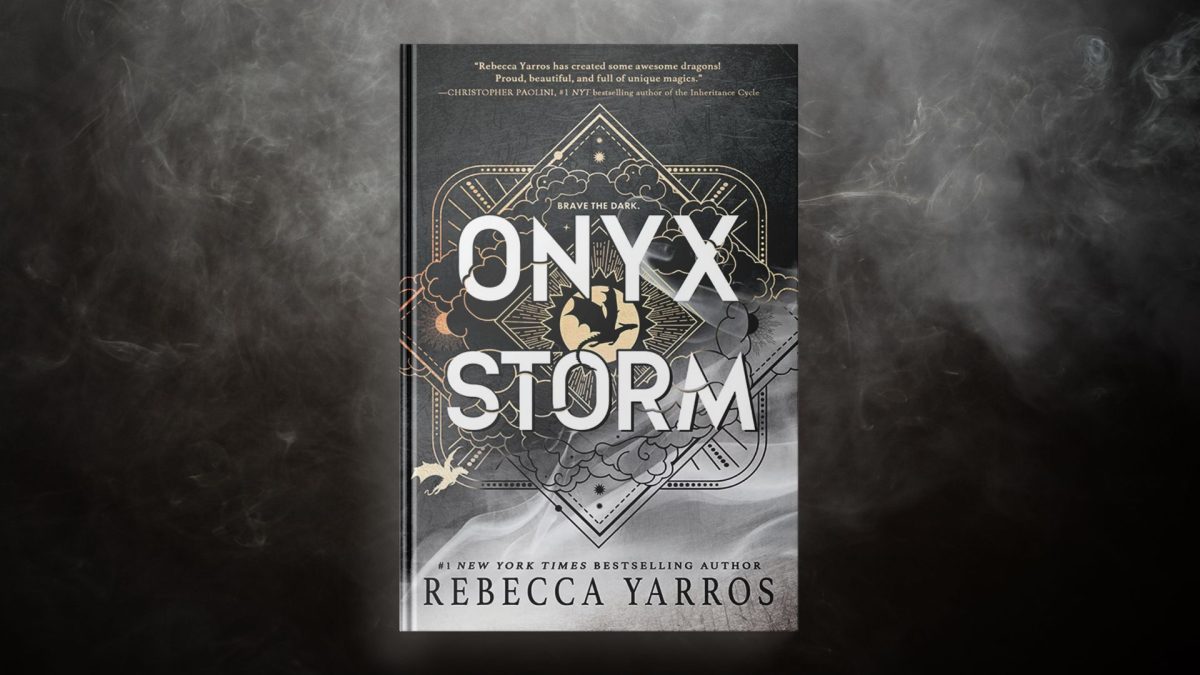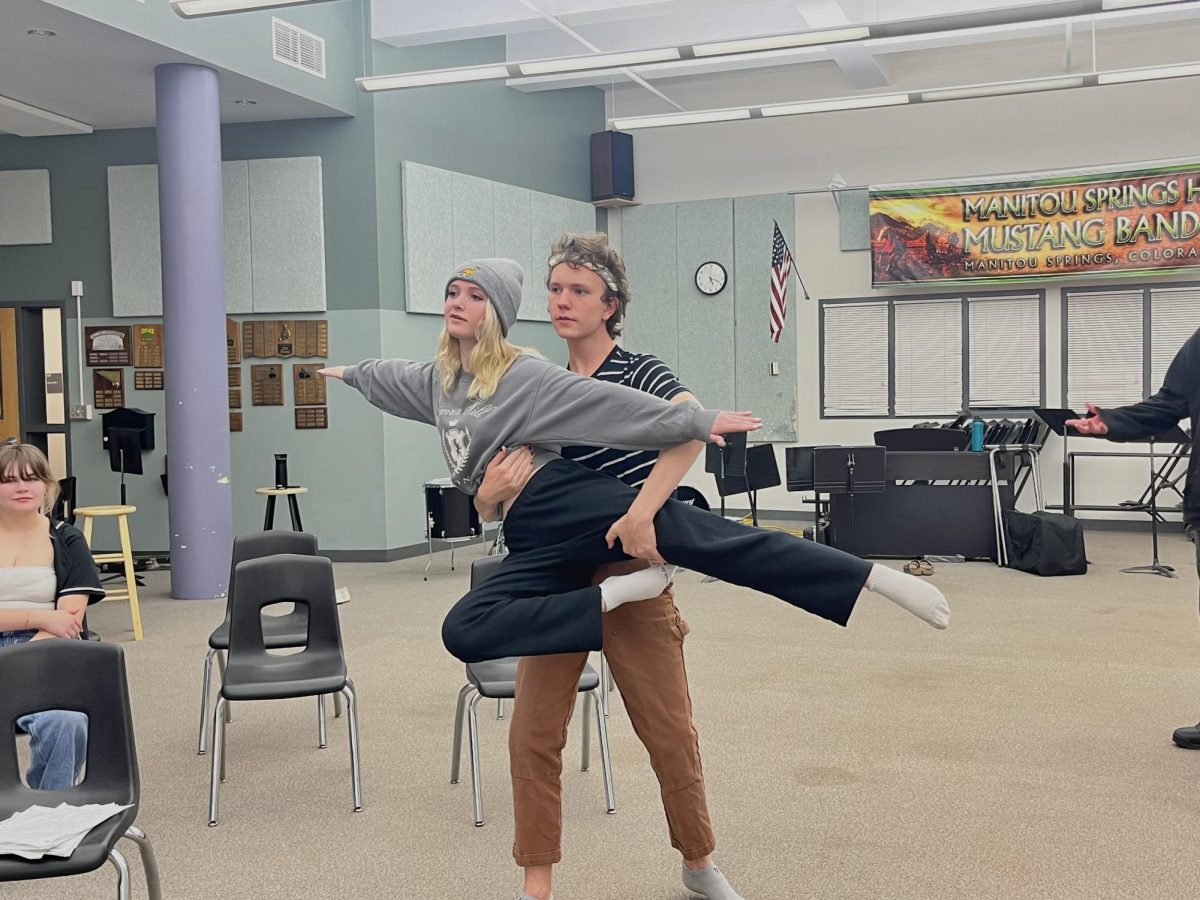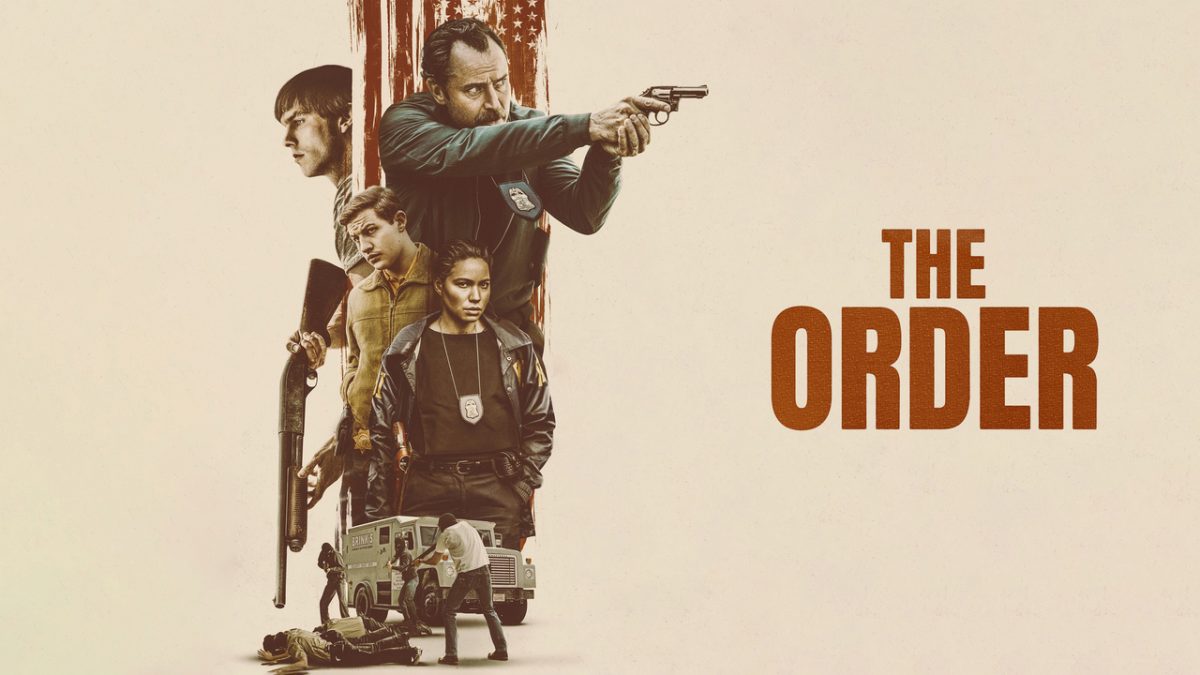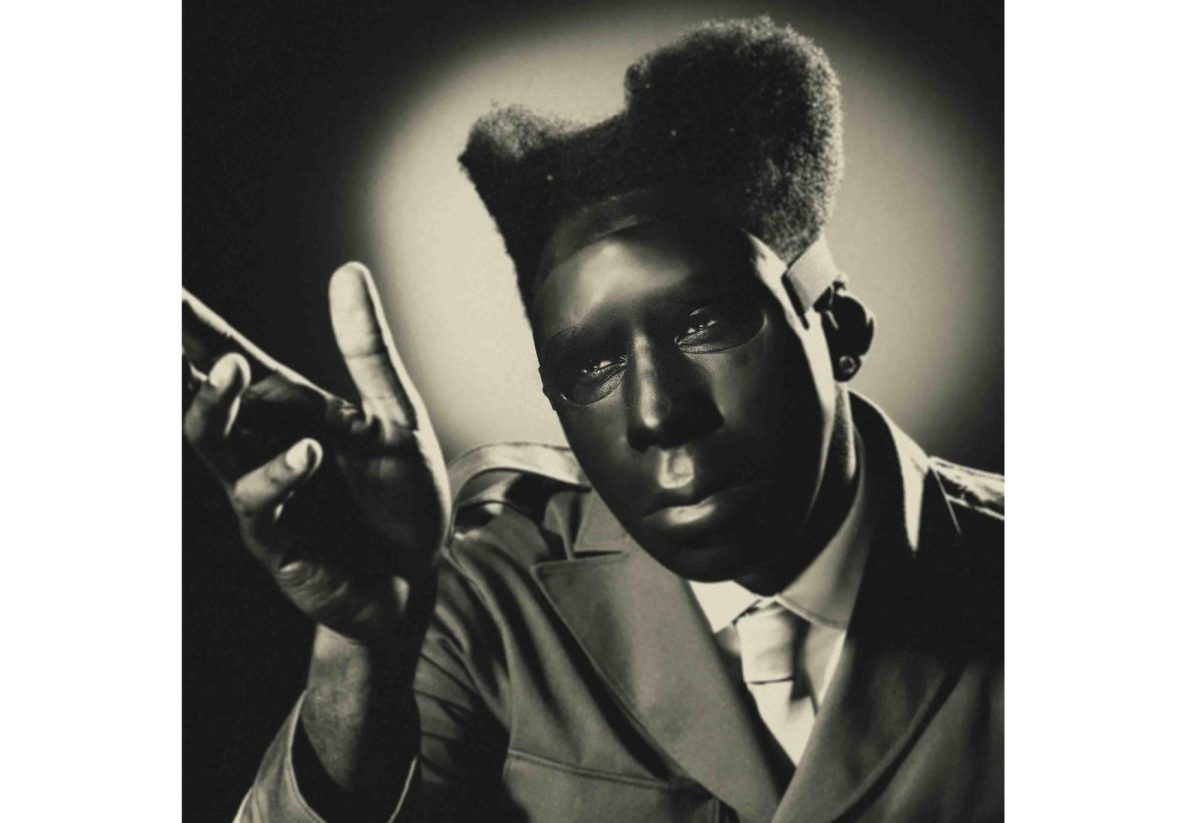Editorial: Columbus Day Controversy
October 11, 2018
From our very first years of grade school, we’re taught that in August of 1492 the brave and heroic Christopher Columbus set sail into the ocean blue and discovered the Americas, building the starting foundations of the United States of America. Columbus is praised for being courageous and facing unknown lands. Unfortunately, there is quite a bit more to the story than what has been ingrained in our brains. The more dark, gruesome details that leak about the notorious explorer, the more people start protesting the disputable fall holiday instead of blindly celebrating it.
When historians began taking a closer look into the details Columbus’ explorations, the horrible things he did to indigenous peoples were discovered. It is now known that Columbus not only raped and pillaged the original people, he enslaved them and presented those who resisted with brutal punishments or death. With this information out in mainstream media– and becoming more and more relevant today– many people question whether they should continue the holiday or protest for its removal. It is also being suggested that instead of removing the holiday altogether, it should be used to honor the lives of the Native Americans who were murdered and enslaved, renaming it “Indigenous Peoples’ Day”.
Putting aside the enslavement and genocide of Native American people, along with the demolishment of their culture, a 2017 survey shows that around 57% of American people still support and celebrate the controversial holiday, and only 29% said they undoubtedly disapprove of it. I strongly suggest that anyone who is not sure where they stand on the subject dig into the subject themselves and decide whether the holiday is worthy or not.









